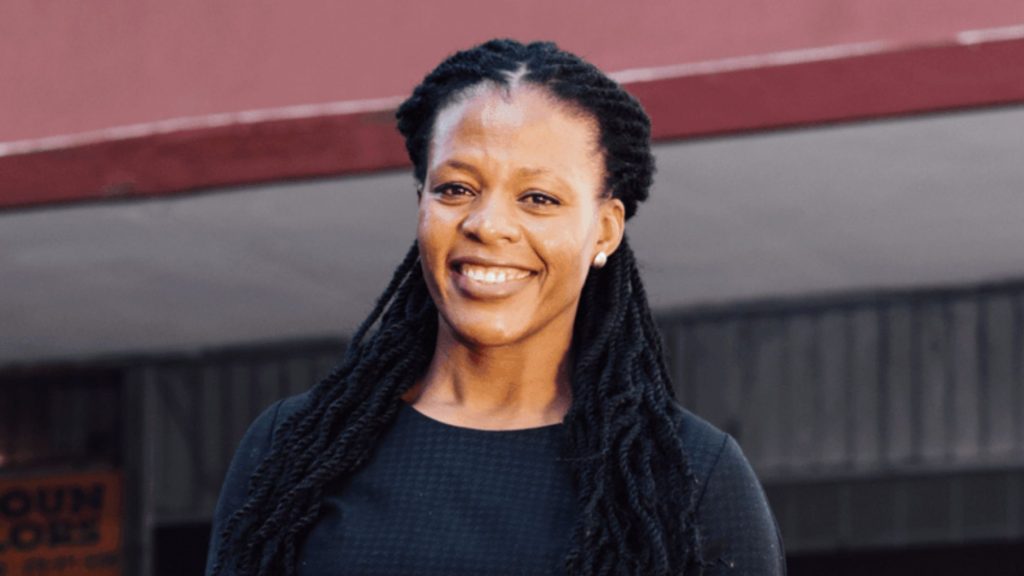Have you ever wondered how much easier travel has become, thanks to the digital innovations shaping our world? Exploring new destinations used to mean…
Fintechs democratise access to financial services in Africa

Founders Factory Africa’s chief financial officer, Thabiso Foto, highlights the significant role that fintech has played in improving access to financial services across Africa in the past decade.
Fintech solutions target the underserved population, including low-income earners, women, rural communities, and SMMEs, who have faced many barriers to accessing banking, credit, savings, and investment solutions from large banks and other financial institutions.
According to the IFC, in 2011, only 23% of Africans had access to a formal bank account, but that number has grown to 43% in the last decade, largely due to fintech and mobile money solutions.
Founders Factory Africa has supported 57 start-ups since its inception in 2018, with 27 of them being fintechs.
Among these is OkHi, a smart-addressing and verification platform that identifies customers based on their mobile number and GPS. Zazuu, on the other hand, is building an end-to-end money transfer marketplace that lowers the cost of remittance payments into Sub-Saharan Africa.
EasyEquities is a great example of a platform that has democratised retail investments by lowering barriers for first-time investors. The platform has more than 1.6 million users with platform assets of R37 billion, reported revenues of R214 million, and a profit before tax of R80 million.
The parent company, Purple Group, reported a 92% increase in headline earnings per share in a down market, with a significant portion of this attributable to EasyEquities.
Fintech start-ups have been successful because they meet an underserved need in the market. They are not only solving financial inclusion for individuals but also for companies as well. Large banking institutions have partnered with or acquired fintechs to improve the distribution of their financial products to markets they have not been able to reach previously while increasing their share of revenue.
Fintechs have also been at the forefront of developing innovative solutions to increase access, quality, and usage of financial services for SMMEs and start-ups, which are traditionally considered risky and either excluded from traditional financial institutions or allowed access to these services at exorbitant costs.
Founders Factory Africa invested in Asaak, a Ugandan fintech start-up that partners with mobility and e-commerce platforms to make motorcycle ownership easier for riders who earn a living by operating boda bodas. In 2021, Asaak granted loans up to $2.1m, and in 2022, they reported loan disbursements of $6.9 million.
However, there is still work to do. The gender gap in mobile money account ownership is slowly closing globally, but other markets are lagging, especially in MENA. In Sub-Saharan Africa, the gender gap in account ownership is 12%, while North Africa and the Middle East reported a 13% gap, twice as large as the developing economy average and three times higher than the global average.
Around 75% of African tech start-ups shut down before they raise a Series A round due to lack of funding, and there is still a $330 billion funding gap in MSMEs in Africa.
Foto emphasises that solving some of Africa’s biggest challenges does not only create impact but also new business models, markets, and sectors that will deliver positive commercial outcomes. By bringing more people and businesses into the financial system, household incomes and well-being improve, and a new group of consumers and producers that will contribute to GDP growth is created. Thus, financial inclusion benefits everyone.
READ NEXT: Ukheshe vows to take collaborative approach to East Africa

